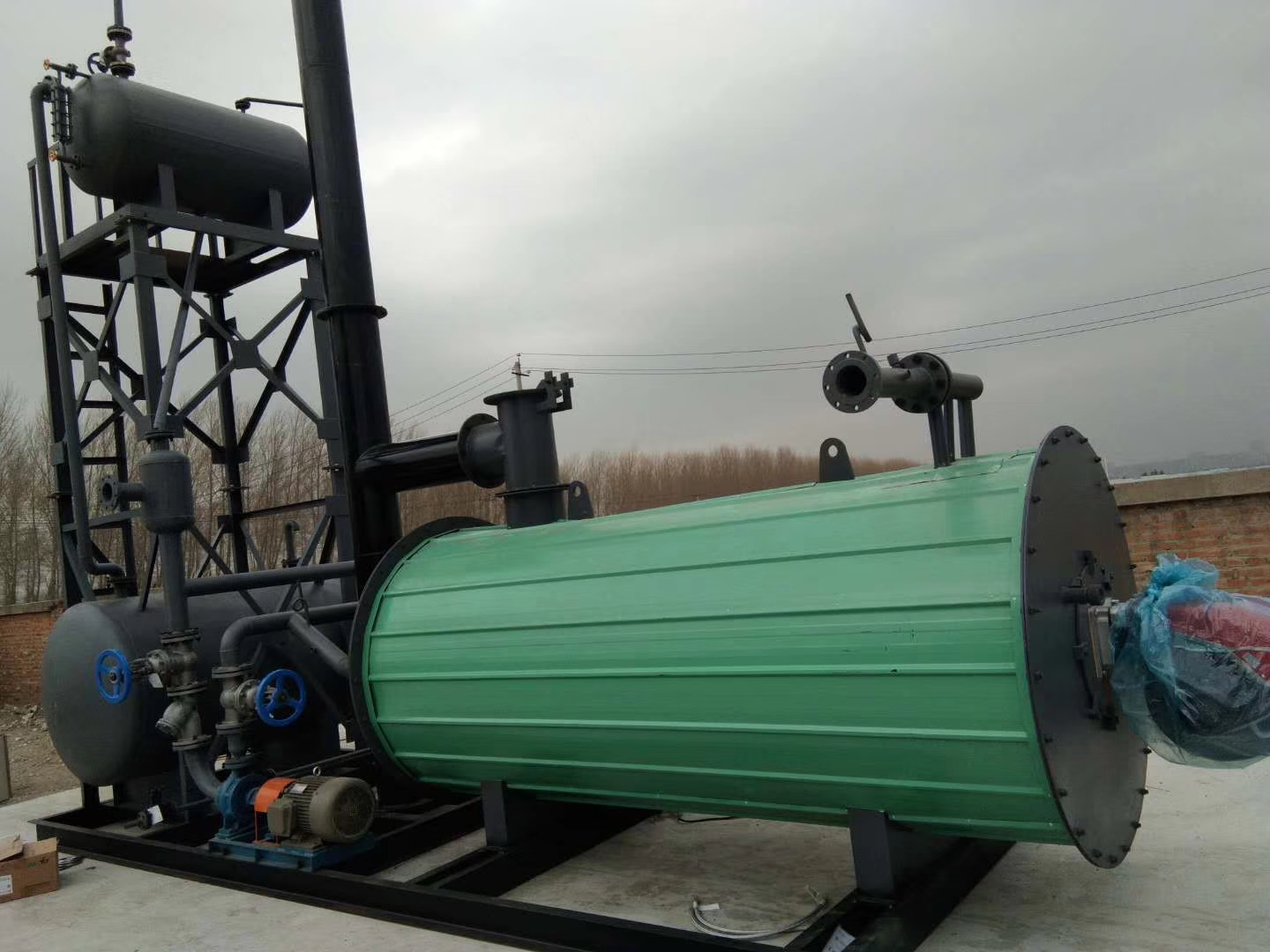Electric Water Heater for Radiant Heating Systems in Residential Spaces
Electric Hot Water Boilers for Radiant Heat Systems
In the ever-evolving landscape of home heating solutions, electric hot water boilers have emerged as a popular and efficient choice for radiant heating systems. Radiant heating, known for its ability to provide consistent and comfortable warmth, is an excellent alternative to conventional heating methods. This article will explore the benefits, operational mechanisms, and key considerations of electric hot water boilers in radiant heating applications.
What is Radiant Heating?
Radiant heating systems operate by distributing heat directly from a warm surface to the occupants and objects in a room, rather than relying solely on air circulation. This method can be achieved through various means, including heated floors, walls, or ceiling surfaces. The warmth is felt from the radiating surfaces, facilitating a comfortable environment with reduced drafts and cold spots.
The Role of Electric Hot Water Boilers
Electric hot water boilers serve as an efficient heat source for radiant heating systems. These boilers heat water using electric resistance elements, allowing for precise temperature control and easy integration into existing heating systems. The heated water then circulates through a network of pipes embedded in floors or walls, delivering warmth uniformly throughout a space.
Key Benefits of Electric Hot Water Boilers
1. Efficiency Electric hot water boilers convert nearly all the electricity they consume into heat, providing an efficiency rate that often exceeds 95%. This high efficiency translates to lower energy bills and a more environmentally friendly heating solution.
2. Space Saving Electric boilers are compact and can be installed in tighter spaces compared to traditional gas systems. This makes them ideal for homes where space is at a premium.
3. Reduced Maintenance Electric hot water boilers typically require less maintenance than their gas counterparts. They do not need regular inspections for gas leaks or venting systems, reducing both time and costs associated with upkeep.
4. Quiet Operation Unlike some traditional heating systems that rely on pumps or fans, electric hot water boilers operate quietly. This feature enhances the comfort of living spaces, allowing for peaceful and serene environments.
electric hot water boiler for radiant heat

5. Safety Electric boilers eliminate the risks associated with gas leaks and combustion byproducts. With no flue gas emissions, they contribute to indoor air quality and are safer for families.
Considerations for Using Electric Hot Water Boilers
While electric hot water boilers offer several advantages, certain factors should be taken into account before installation
1. Energy Costs The cost of electricity can vary significantly depending on the region. It’s essential to consider local energy rates and evaluate whether electric heating is the most economical choice in your area.
2. System Size Proper sizing of the boiler is crucial to ensure efficient operation. An undersized boiler will struggle to meet heating demands, while an oversized unit may lead to inefficiencies and increased operational costs.
3. Integration with Renewable Energy Electric boilers can be effectively paired with renewable energy sources, such as solar photovoltaic systems. Homeowners can harness solar power to operate their boiler, significantly reducing their carbon footprint and energy costs.
4. Installation Costs While electric hot water boilers can be more affordable to maintain, the initial installation costs may be higher than traditional systems. Homeowners should weigh these upfront costs against the long-term savings associated with operation and maintenance.
5. Zoning Options Radiant heating systems can be customized with multiple zones, providing tailored temperature control for different areas of the home. Electric boilers can easily accommodate this flexibility, enhancing overall comfort and energy efficiency.
Conclusion
Electric hot water boilers represent a modern, efficient, and eco-friendly solution for radiant heating systems. With their high efficiency, ease of maintenance, and safe operation, they provide a compelling alternative to traditional heating methods. While considerations such as energy costs and system sizing are important, the long-term benefits often outweigh the initial investment. As homeowners seek greater comfort and sustainability, electric hot water boilers are likely to play an increasingly prominent role in residential heating solutions, ensuring warm and inviting spaces throughout the colder months. With the right considerations and planning, electric hot water boilers can elevate the standard of home heating, making it not only more efficient but also more enjoyable.
-
Custom Steam Boilers Manufacturer | AI-Enhanced EfficiencyNewsJul.31,2025
-
Top Electric Steam Boiler Makers | AI-OptimizedNewsJul.31,2025
-
Top Electric Steam Boiler Manufacturers - High Efficiency SolutionsNewsJul.30,2025
-
Top Electric Steam Boiler Manufacturers – Efficient Industrial SolutionsNewsJul.29,2025
-
Top Electric Steam Boiler Manufacturers | Reliable Industrial SolutionsNewsJul.29,2025
-
OEM Steam Boiler Solutions for Custom Needs | High Efficiency & VersatilityNewsJul.29,2025

